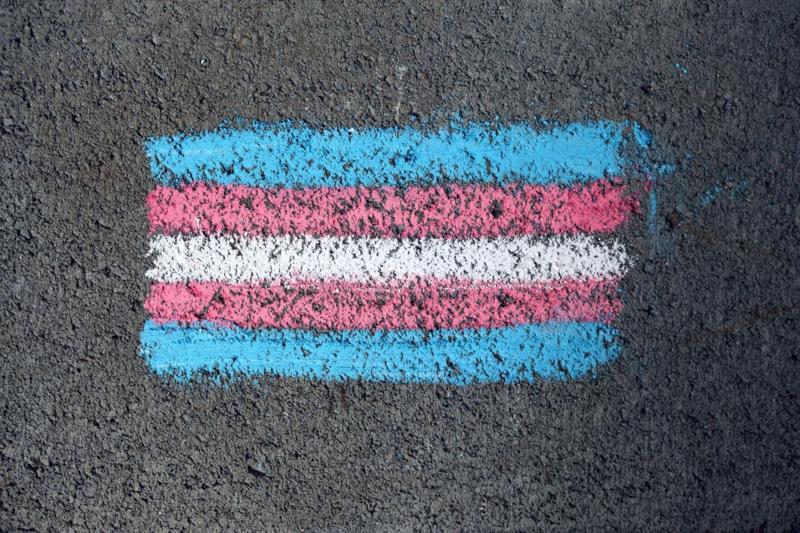A major study involving Children’s Hospital Los Angeles — the second-largest provider of child medical gender reassignment interventions, and largest youth gender clinic in the country — is currently being withheld from publication due to the author’s fear its results could be “weaponized” against the practice of giving children sex change hormones.
The nearly $10 million study, the New York Times reports, found no improvement in mental health for children receiving puberty blocker sex change hormones, which contradicts an earlier Dutch study from 2011 that has been used to promote the benefits of this medical intervention in children.
“I do not want our work to be weaponized,” said Dr. Johanna Olson-Kennedy, medical director of the Center for Transyouth Health and Development at CHLA, to the New York Times.
Olson-Kennedy says the puberty blockers did not lead to improvements (or declines) in the children in the study because “They’re in really good shape when they come in, and they’re in really good shape after two years.”
Olson-Kennedy submitted data to the National Institutes of Health stating that of the 95 incoming test subjects receiving puberty blockers for the study had a mean age of 11.2 years; the study was open to children as young as eight years old. Of those 95, 28.6% had depression, 22.1% had anxiety, 23.6% had ideated suicide, and 7.9% had attempted suicide. Participants said they realized their “gender was different than their sex designation at age 6.4 years on average.”
Olson-Kennedy told the New York Times, which described her as “one of the country’s most vocal advocates of adolescent gender treatments” and an expert witness in court cases against state bans, that she feared the study could be used to argue in court in support of bans against puberty blocker use in children.
A similar study in the United Kingdom launched in 2011 that tried to replicate the earlier Dutch study found no benefits for children being placed on puberty blockers, announcing the results in a conference in 2016, and not going fully public until 2020, by which point giving children puberty blockers had already become the standard treatment regimen for transgender-identifying children. On this report’s basis, the National Health Service has since stopped prescribing the drugs outside of a new clinical trial.
Harry Potter author J. K. Rowling, described as a “trans-exclusionary radical feminist,” has been an ardent opponent of the UK’s transitioning of children she calls “a new kind of conversion therapy,” and took to X to mock Olson-Kennedy.
“‘We must not publish a study that says we’re harming children because people who say we’re harming children will use the study as evidence that we’re harming children, which might make it difficult for us to continue harming children,’” mused Rowling.
In December, the United States Supreme Court is hearing oral arguments on Tennessee’s ban on transgender-identifying children receiving sex surgeries, hormones, and puberty blockers for transgender children, suggesting state-level bans could soon be held to be constitutional. 25 states, including Tennessee, have placed limits on or banned such medical interventions for children who identify as trangender.







